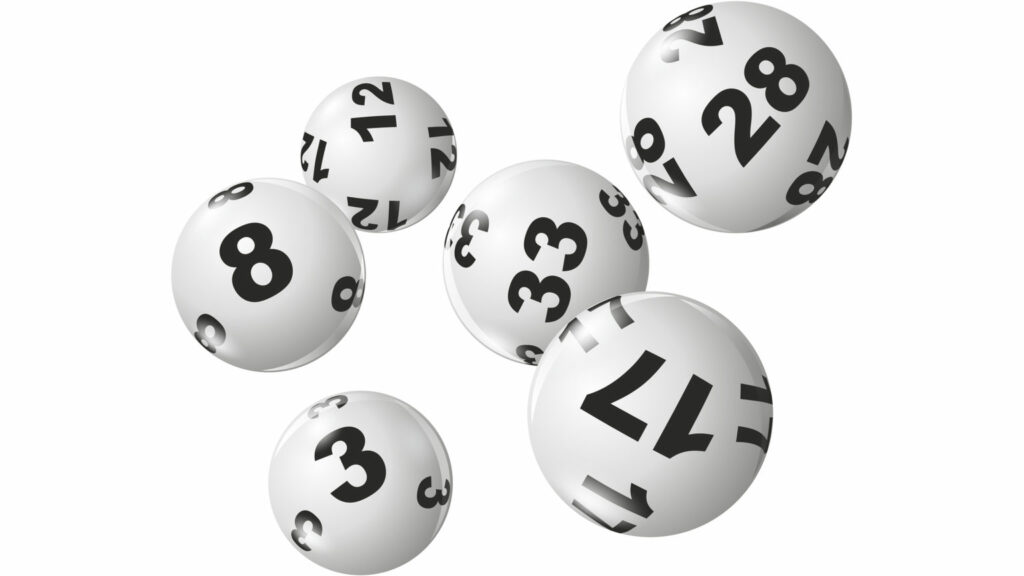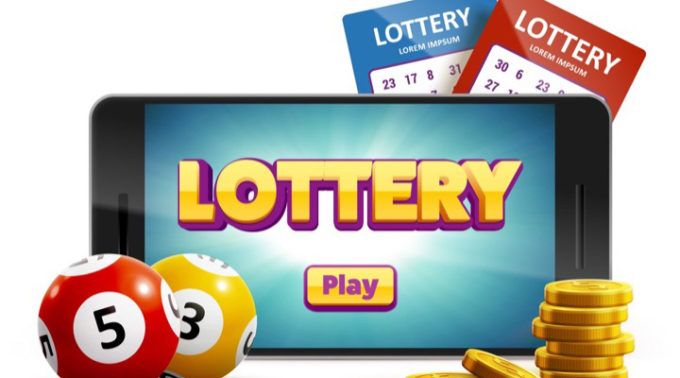Lotteries, threaded through the fabric of history, carry tales of chance, luck, and fortune. In this exploration, we unfurl the pages of the past to unveil the captivating history of lottery legends—a narrative interwoven with intrigue, innovation, and the human pursuit of luck.
Lottery Antiquity: An Ancient Dance with Destiny
The roots of lottery legends extend deep into antiquity, where early civilizations engaged in the primal dance of chance. From ancient China’s keno to the Roman empire’s precursor to modern lotteries, the ancients embraced these games as a fusion of divination and communal entertainment. Tickets, often markers of fate, were symbols of participation in the mysterious forces shaping destiny.
Medieval Charms: Lotteries in the Age of Chivalry
In the medieval tapestry, lotteries emerged as symbols of chivalric valor and nobility. Knights and nobles, ever eager for adventure, participated in lotteries as an emblematic expression of their daring spirit. The allure of prizes, often extravagant, served not only as material rewards but also as tokens of prestige in the grand theater of medieval society.

Renaissance Elegance: Lottery as a Cultural Pursuit
The Renaissance saw the lottery transform into a cultural pursuit, transcending mere chance. Patronage of the arts and cultural endeavors became intertwined with lotteries, funding magnificent works that defined an era. Tickets evolved into coveted pieces of art, reflecting the burgeoning cultural sophistication of the Renaissance.
Colonial Ventures: Lotteries in the New World
As explorers set sail for the New World, lotteries became instruments of colonial finance. Early American colonies turned to lotteries to fund public infrastructure, educational institutions, and even defense initiatives. The sweepstakes-style allure captivated colonists, birthing a lottery legacy that would echo through the annals of American history.
Golden Age of Lotteries: Flourishing in the 19th Century
The 19th century ushered in a golden age for lotteries, reaching unparalleled heights of popularity. As economic structures evolved, lotteries became a tool for funding public projects, charitable causes, and even the construction of iconic landmarks. The allure of massive jackpots captivated the imagination of the masses, with tickets becoming prized possessions, carrying the promise of transformative wealth.
Modern Resurgence: Lotteries in the Contemporary Epoch
In the contemporary era, lotteries have experienced a resurgence, adapting to the fast-paced dynamics of the modern world. Technological advancements have streamlined ticket purchases, expanding the reach of lotteries globally. Innovative formats, from scratch-off tickets to online draws, continue to enthrall participants, ensuring that the legacy of lottery legends remains a dynamic and evolving narrative.
Global Unity: Lotteries as Cultural Connectors
Today, lotteries serve as cultural connectors on a global scale. International lotteries and mega-jackpots create a sense of unity, as participants from diverse backgrounds share in the anticipation and excitement. Lotteries have transcended geographical boundaries, becoming a universal language of chance, where the draw of numbers holds the promise of life-changing fortunes for individuals across continents.
Industrial Revolution: Lotteries in the Age of Progress
The Industrial Revolution marked a shift in lottery dynamics, aligning with the progress of industry. Lotteries, now intricately tied to societal development, funded railways, factories, and public utilities. The notion of winning the jackpot became synonymous with the optimism of progress, and tickets became tokens of hope in an evolving world.
Conclusion
As we trace the footsteps of lottery legends through time, we witness more than games of chance. We witness the cultural, economic, and societal evolution of civilizations. The history of lottery legends unfolds as a kaleidoscope, revealing the myriad ways in which these games have shaped and reflected the aspirations, dreams, and fortunes of humanity across the epochs.

